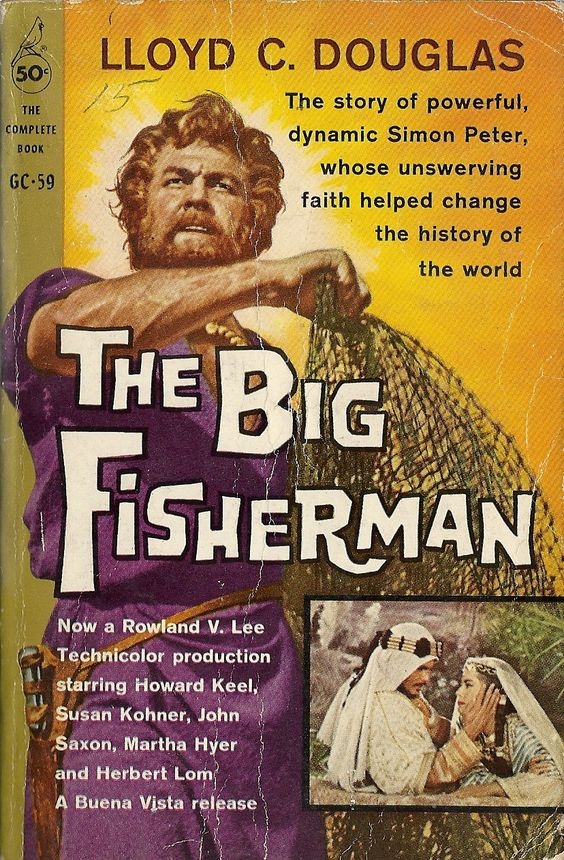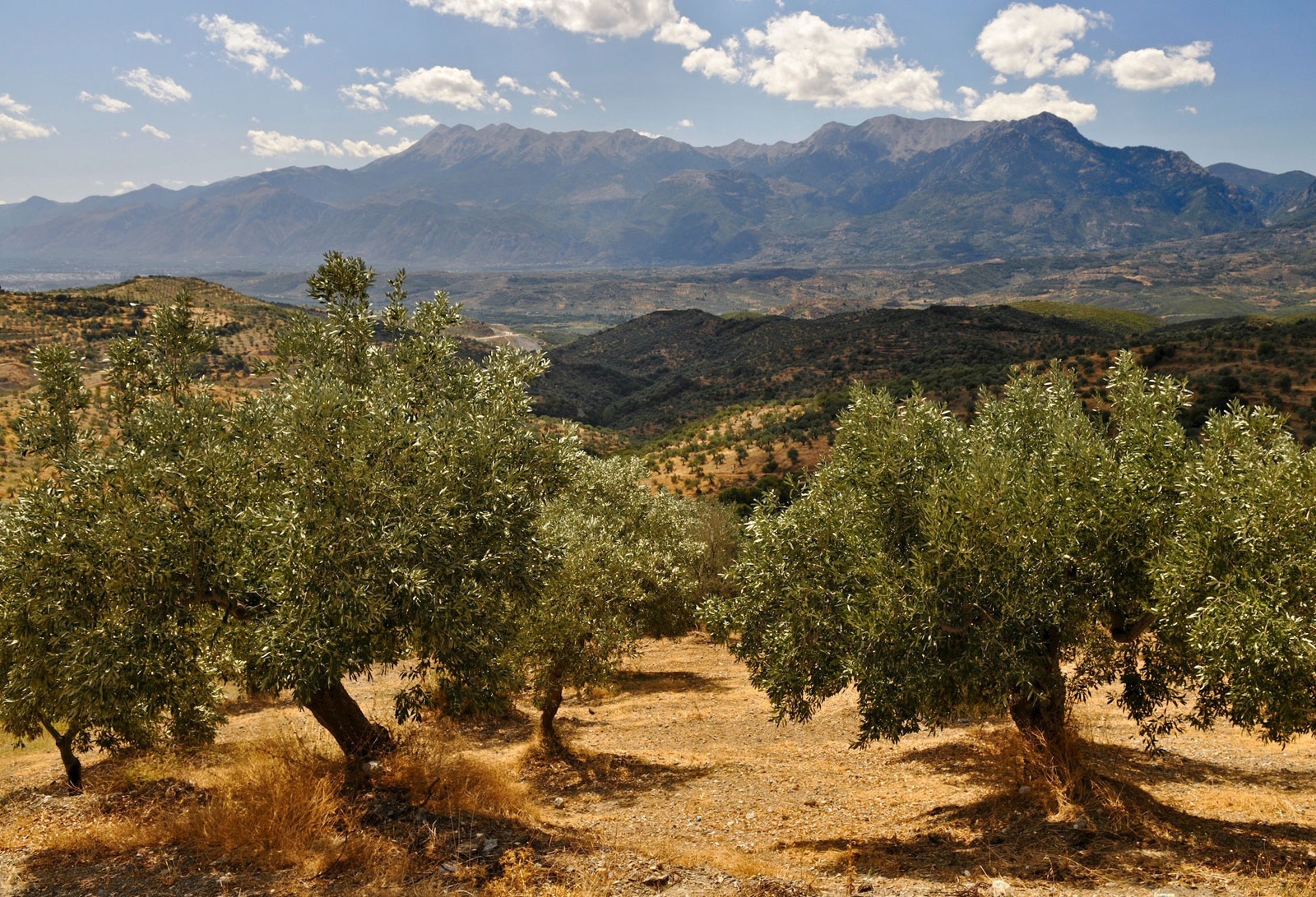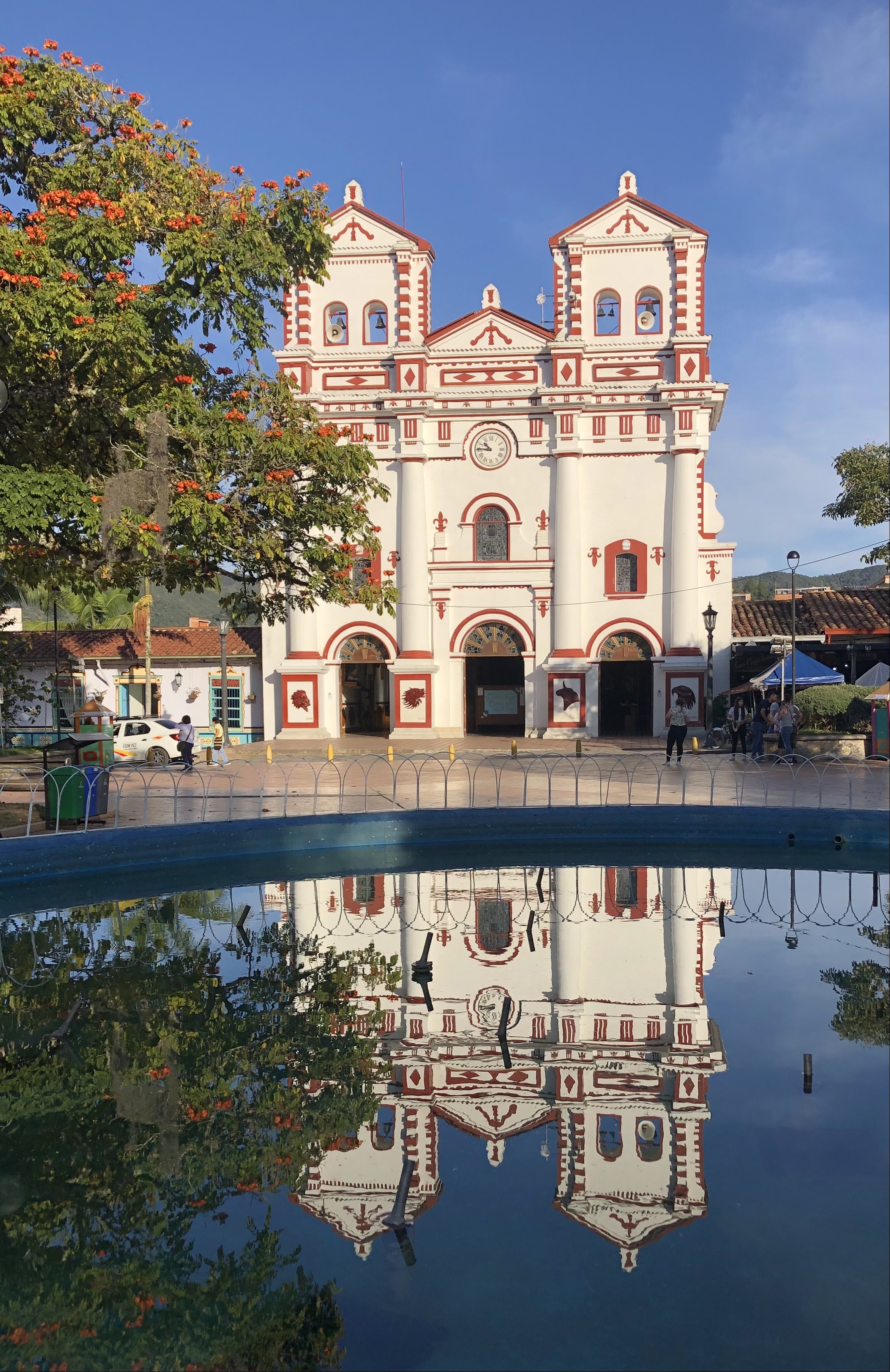These reflections are a result of more than 40 years of ministry as a Roman Catholic priest. Most of these years I spent in the Diocese of Charlotte which covers Western North Carolina. Now I am retired, and live in Medellín, Colombia where I continue to serve as a priest in the Archdiocese of Medellín.

You once were alienated and hostile in mind because of evil deeds;
God has now reconciled you
in the fleshly Body of Christ through his death,
to present you holy, without blemish,
and irreproachable before him. (Col 1:21-23)
We always like to think that WE have a part to play in the great plan of salvation, and we do in one sense, in the things that we do for God. But the Scriptures are always quick to remind us that salvation is about what GOD has done for us in Christ. And as Saint Paul would add “so that no one can boast” (1 Cor 1:29). Today is the birthday of my great friend, Father Larry Richardt.

Christ Jesus is the image of the invisible God,
the firstborn of all creation. (Col 1:15-20)
The beautiful poetry from the Letter to the Colossians is a good example of early Christian hymnody: hymns of praise to Jesus Christ. Gregory the Great was really great. He took as the theme of his ministry: Servus servorum Dei (Servant of the Servants of God). And every pope since Gregory has done the same. Today's photo is of fictional character, Nucky Thompson, receiving the Order of Saint Gregory the Great (from HBO's Boardwalk Empire).

When Simon Peter saw this, he fell at the knees of Jesus and said,
“Depart from me, Lord, for I am a sinful man.”
For astonishment at the catch of fish they had made seized him
and all those with him,
and likewise James and John, the sons of Zebedee,
who were partners of Simon.
Jesus said to Simon, “Do not be afraid;
from now on you will be catching men.”
When they brought their boats to the shore,
they left everything and followed him. (Lk 5:1-11)
The Big Fisherman (Simon Peter), in a boat with Jesus, gets more than he bargained for, but with James and John, he makes the right decision: to leave all and follow Jesus.

Responsorial Psalm (Psalm 52)
R. I trust in the mercy of God for ever.
I, like a green olive tree in the house of God,
Trust in the mercy of God forever and ever.
R. I trust in the mercy of God for ever.
Like green olive trees . . . interesting description of believers. Of course, we are the ones who trust in God’s mercy! Today's photo is of olive trees in Greece.

Responsorial Psalm (Psalm 27)
R. I believe that I shall see the good things of the Lord in the land of the living.
One thing I ask of the LORD;
this I seek:
To dwell in the house of the LORD
all the days of my life,
That I may gaze on the loveliness of the LORD
and contemplate his temple.
R. I believe that I shall see the good things of the Lord in the land of the living.
I believe that I shall see the bounty of the LORD
in the land of the living.
Wait for the LORD with courage;
be stouthearted, and wait for the LORD.
R. I believe that I shall see the good things of the Lord in the land of the living.
Waiting for the Lord with courage . . . what a wonderful description of the life of faith! And the hope . . . to dwell in the house of the Lord all our days. And the promise . . . to gaze on the loveliness of the Lord and contemplate his temple.



